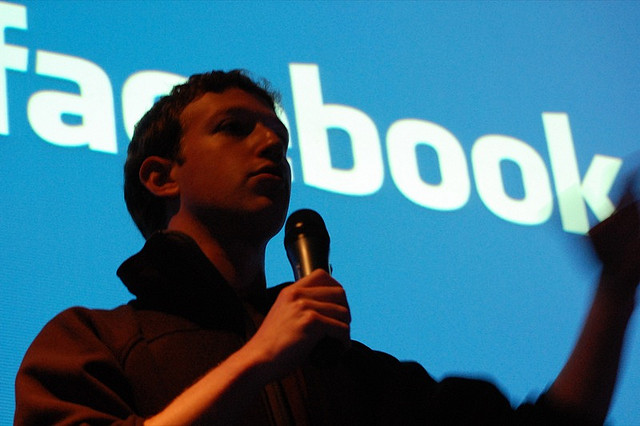Want smarter insights in your inbox? Sign up for our weekly newsletters to get only what matters to enterprise AI, data, and security leaders. Subscribe Now
Facebook’s $16 billion acquisition of mobile messaging service WhatsApp came about after a friendly chat between two geeks hanging out in the Valley.
Those two friends, of course, were Facebook chief Mark Zuckerberg and WhatsApp co-founder and chief executive Jan Koum, a Ukranian immigrant and former Yahoo standout. The two have known each other for years.
“It happened 11 days ago. We discussed the price last week and agreed,” Zuckerberg said during a conference call with reporters and analysts announcing the deal Wednesday.
Zuckerberg’s tone during the call was matter of fact. Like it always is. But it’s a huge deal for both companies. Indeed, Zuckerberg talked about the transaction like he was buying a $16 billion sandwich at La Boulange.
Zuckerberg and Koum, who also joins Facebook’s executive board, hope to finalize the deal sometime this year pending the feds’ regulatory approval.
WhatsApp is the largest ever purchase for Facebook. And it won’t be the last.
Zuckerberg made it clear Facebook would let WhatsApp do what it does — in other words, enjoy the freedom to evolve its messaging platform.
“WhatsApp is going to operate independently, we obviously learned that from the Instagram deal,” Zuckerberg said, pointing to the social media giants purchase last April of the photo sharing application in a $1 billion cash and stock deal.
“We’re quite comfortable this is the right way to grow,” Zuckerberg said. “WhatsApp has only 50 employees. No one in the history of the world has done that before. … It’s a company of really hardcore engineers.”
WhatsApp does only have 50 employees. It is headquartered in Mountain View. It’s messaging service user base is strongest in Europe, Asia, and Africa than it is in the U.S., where it never gained wholesale traction. For now, that really doesn’t matter — and in fact, that could actually work to Facebook’s advantage as it seeks out its next billion users.
Koum said WhatsApp users are now sending 19 billion messages a day through the service and sharing 600 million photos every 24 hours. Both men said the WhatsApp user base will surpass “one billion in the next few years.”
The current WhatsApp daily userbase is approximately 450 million monthly users; that represents 70 percent of the service’s total userbase.
The deal is structured like this: $4 billion in cash and approximately $12 billion worth of Facebook shares, in addition to $3 billion in vested shares for WhatsApp employees. With this deal, Facebook, with more 1 billion members, is clearly positioning itself strategically against Google’s Hangouts and Apple’s iMessage.
Zuckerberg spelled out the objective of the deal as yet another facet of Facebook’s goal of “connecting the entire world.”
The Facebook chief called Koum a “valuable thought partner.”
Making money, at least to the Facebook chief, is not the sole objective of the massive deal. At least for now. He praised the WhatsApp platform for its “simplicity, speed, and reliability.”
“Monetizing is not the goal; growing is,” Zuckerberg said.


